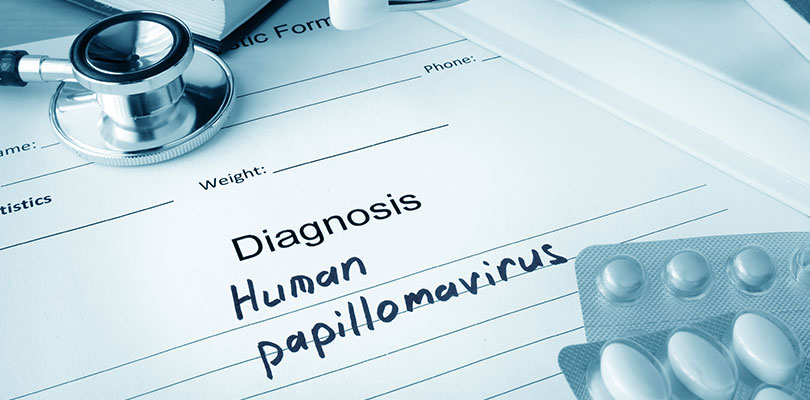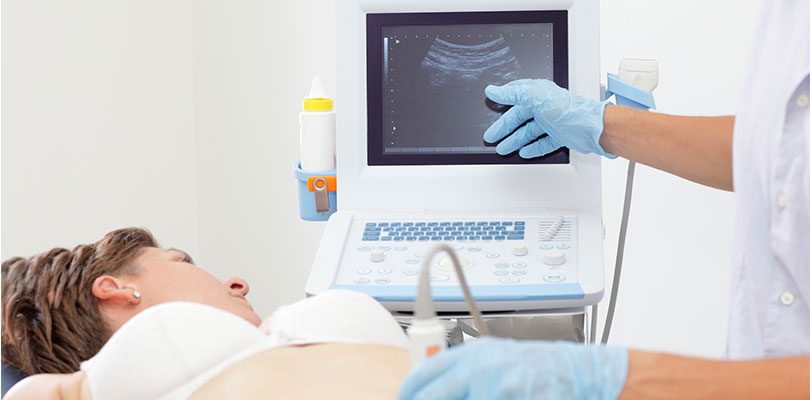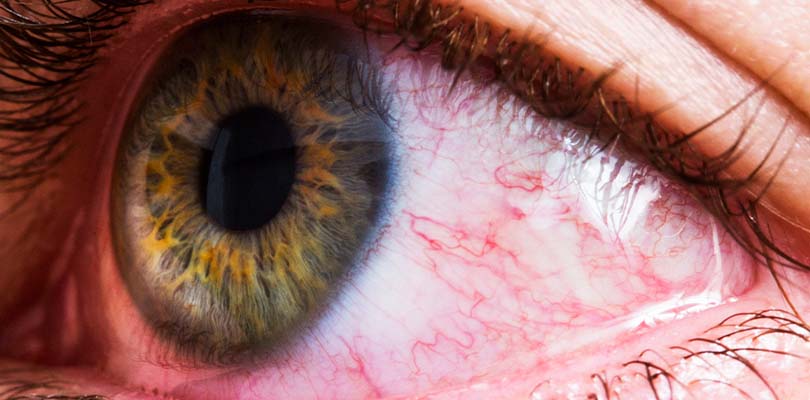
Photo Credit: designer491 / istockphoto.com
HPV Is the Most Important Cervical Cancer Risk Factor
The human papilloma virus (HPV) is actually a collection of over 150 related viruses that can affect cells on the surface of the skin, causing papillomas (more commonly known as warts). Not every strain of HPV will lead to cancer — many are just unsightly and mildly uncomfortable — but certain types lay the foundation for cervical cancer. HPV infection is responsible for over 90 percent of cervical cancers.
The most hazardous forms of the virus are HPV 16 and HPV 18. These two strains are responsible for nearly two-thirds of all cervical cancer cases. If you become chronically infected with a high-risk strain of HPV, your risk for vaginal and vulva cancer will also rise.
Resources
Foundation for Women’s Cancer (Cervical Cancer)American Cancer Society (What are the key statistics about cervical cancer?)MedicineNet (Cervical Cancer Facts)Screening for Life (Cervical Cancer Myths and Facts)Mayo Clinic (Cervical Cancer Risk Factors)Do you know what causes cancer? It generally arises due to a combination of factors; it is impacted by family history, environmental factors and lifestyle.







